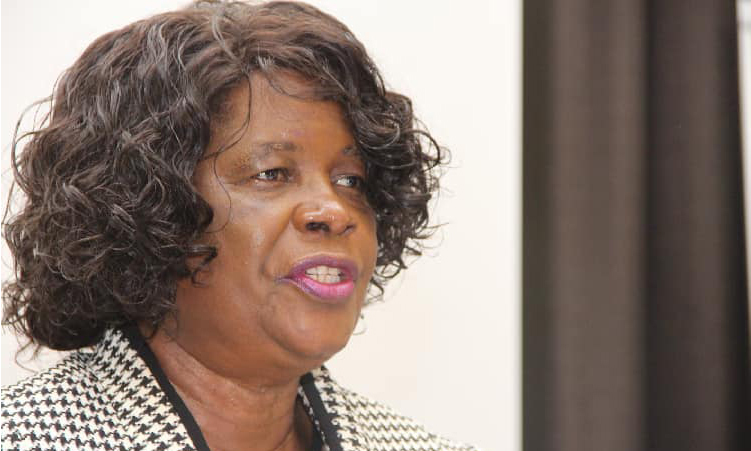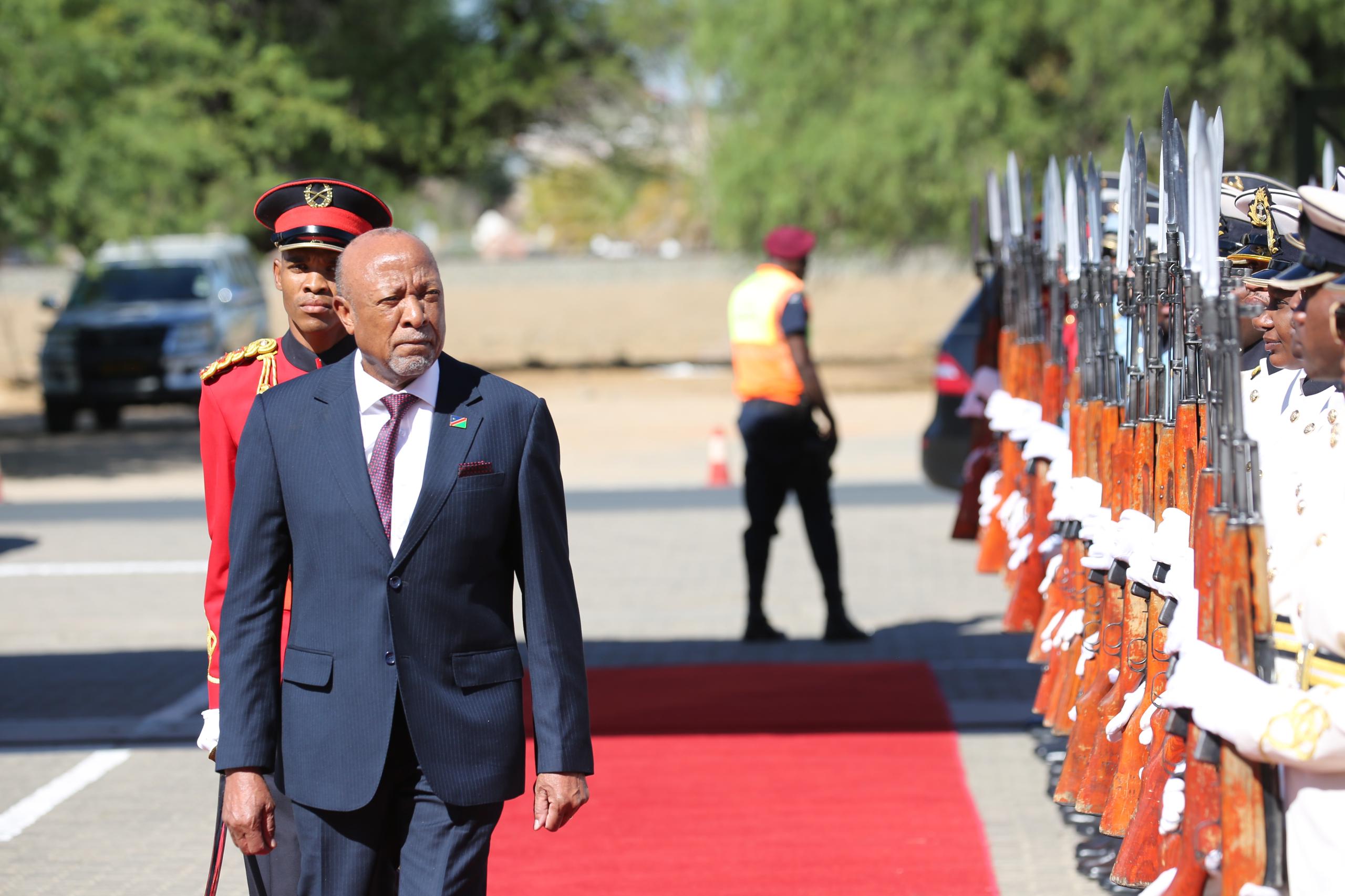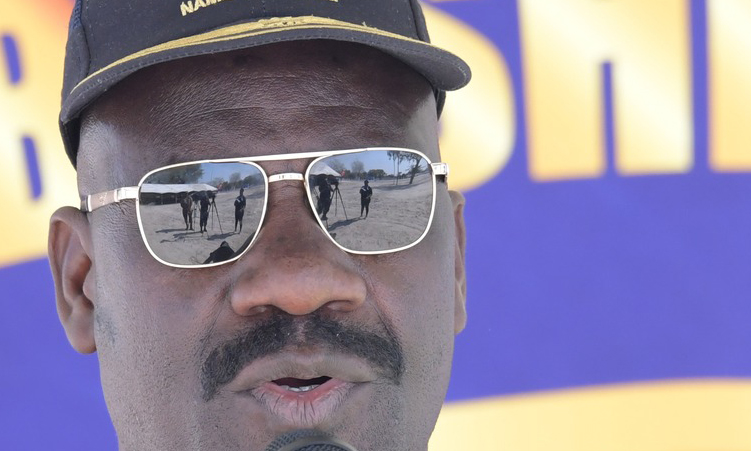Former Swapo secretary general and home affairs minister Pendukeni Iivula-Ithana says boys have been left behind in terms of accessing opportunities due to fatherlessness.
This is because some men father children but do not take responsibility for caring for them, she adds.
“Inasmuch as all the attention is now given to those in society that was seen to be oppressed, denigrated and not cared for, when that attention was given, less attention was also given to the other gender.”
Iivula-Ithana was responding to remarks made by Landless People’s Movement (LPM) leader Bernadus Swartbooi in the parliament on Wednesday.
Swartbooi said women are being given an unfair advantage into positions of power through the zebra style or 50/50 representation followed by most political parties in the country.
According to Swartbooi, gender conflicts and gender equality have negatively affected boys and men.
“It becomes concerning about the future of the male child. If you look carefully at the laws that we have passed in this house, even a husband can be declared a rapist by society without ever being convicted,” he argued.
He said men have been silenced and their rights have been reduced in order to achieve equality.
“It becomes dangerous and it’s something that we have to carefully look at, so that new drive toward equality and equity does not create different types of inequalities and lead to engendering gender-based violence (GBV) going forward,” he said.
Iivula-Ithana said the upbringing of children often rests solely on the shoulders of mothers or grandmothers.
“There are no fathers anymore to take care of boys and bring them up to be men,” she said.
Human rights activist Ndiilo Nthengwe says Swartbooi’s stance on gender equality dismisses the insidious entrenched culture of patriarchy contextually and in society.
“While he blissfully ignores recent amendments that have been made in the Combating of Rape Act and the Combating of Domestic Violence Act, for example, of which he’s been a member in parliament who could have and would have substantially been engaged on how power dynamics work in society based on your gender,” Nthengwe says.
Nthengwe asserts that the problem is not men, husbands or boys but masculinity in general.
“The problem is misogyny, it is institutionalised and socialised sexism, it is patriarchy, it is hegemonic-heteronormativity attached to toxic masculinities.”
Regain Trust executive director James Ithana says it is clear that Swartbooi has very little understanding of the concept of gender or what the process of gender equality truly aims to achieve.
He says current legislation on GBV recognises that men and boys are potential victims.
Political analyst Rakkel Andreas says gender equality has interventions that have not been prioritised for generations, starting with the right to vote, right to work with equal pay, right to education and access to political participation and decision-making, among others.
“Claiming that these interventions mean boys are now neglected is a regressive attitude on the important work that has been put in to level the field for women globally,” she says.
Andreas believes the lack of context makes Swartbooi’s remarks sound misogynistic and regressive.
“Members are there to represent public interests and perhaps he could have focused on highlighting what should be done for boys based on the challenges of the day, and not link it to gender equality advocacy as the root cause,” Andreas adds.
Popular Democratic Movement lawmaker Inna Hengari says the importance of the initial conversation aimed at bringing women and youth to the decision-making table cannot be overstated.
“Historically, women were not seen as capable or deserving of sitting under the tree with their male counterparts, where important discussions took place,” Hengari says.
According to Hengari, the effectiveness of the 50/50 gender representation mantra must be evaluated.
“We cannot continue to tick boxes and meet checklists at the expense of boys. It is incumbent upon all of us to strike a balance.”
Political analyst Rui Tyitende says women never really felt the emancipation because more women wanted to think and act like men in areas and spaces they were previously excluded from.
He asserts that women continue to suffer from GBV and other forms of oppression.
“For example, should a female head of state be considered to be empowered if she still suffers physical and emotional abuse at home? Will she be able to influence the promulgation of laws that deal with GBV?”
Stay informed with The Namibian – your source for credible journalism. Get in-depth reporting and opinions for
only N$85 a month. Invest in journalism, invest in democracy –
Subscribe Now!






